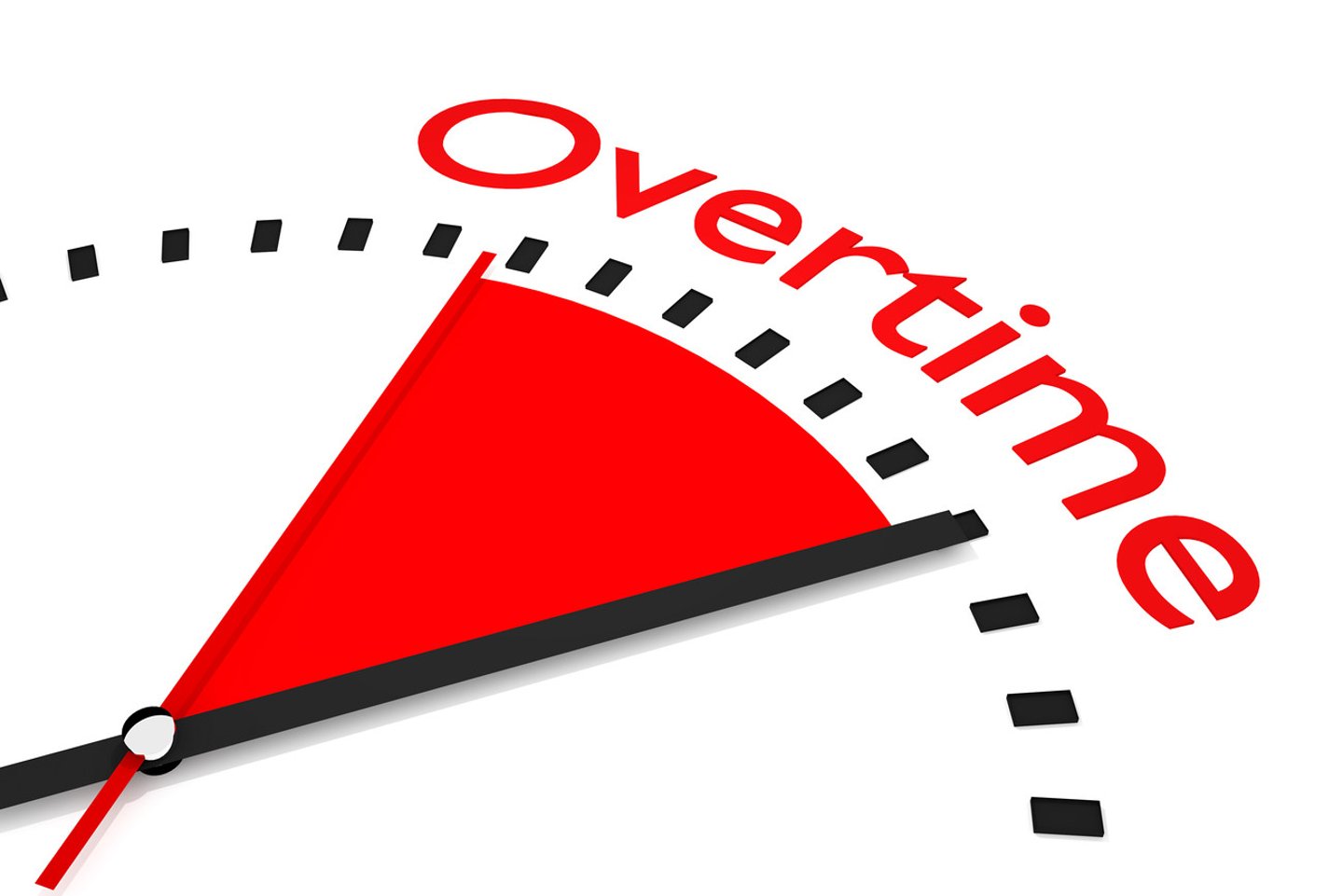Federal Block of Overtime Rule: What employers need to know
The court’s ruling finding the 2024 overtime rule invalid means that the minimum salary or exempt status under federal law (the FLSA) has gone back to the rate that was set by the prior 2020 rule, which is $684 per week or $35,568 per year.
This is true even though the July 1, 2024 threshold increase went into effect before the Court issued its ruling. This means that to meet the minimum salary threshold under the FLSA, employers only need to provide a minimum of $35,568 per year on a salary basis. But employers need to remember an that an employee must also satisfy one or more of the applicable duties tests (in addition to meeting the minimum salary requirement) in order to be properly treated as exempt from overtime under the FLSA. They also need to keep in mind that some states have minimum salary thresholds that are significantly higher than the federal threshold.
[READ MORE: U.S. judge strikes down overtime pay rule]
While the Department of Labor has the right to appeal the court’s decision, it seems fairly likely that this rule will never go into effect. The case would be appealed up to the Fifth Circuit Court of Appeals, which is the most conservative circuit in the country, so there is a good chance that the court’s ruling would be upheld on appeal. Moreover, just as was the case when the 2016 overtime rule was invalidated, the incoming Trump administration is unlikely to continue to pursue the appeal, even if DOL files the appeal prior to the change in administrations. So, employers should keep an eye on this matter for any major developments in the courts, but I think it is reasonable to assume for now that the rule is dead.
To the extent that employers gave employees raises to get them above the new July 1, 2024 salary threshold, while they could consider reducing those salaries back to their prior level based on the invalidation of the 2024 overtime rule, I recommend against doing that. Often, employees with salaries that are close to the minimum threshold may not be comfortably exempt in terms of the job duties – i.e., they may be in a grey area with respect to whether their primary job duties meet the requirements of one or more of the exemptions.
If an employer takes away a previously granted raise, that could lead the impacted employee or employees to consult with an attorney, and while the reduction in salary might not present a problem under the FLSA, that attorney might recommend that the employees initiate litigation (potentially on a class-wide basis) challenge their exemption (and claim entitlement to back overtime) based on their duties.
In other words, employers need to be careful not to increase other risks in this area when they consider how to handle employee salaries going forward after the invalidation of the 2024 overtime rule.
Brett Coburn is a partner in the labor and employment group of law firm Alston & Bird.


